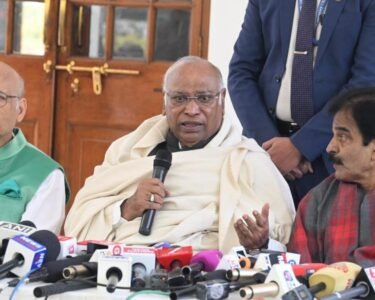There is a buzz that central ministers who have been retained but with a changed portfolio have decided to take most of their close staff to their new office. The non-bureaucratic staff, those who are not government servants but appointed by ministers as per the established norms from the party cadre and or due to their years of proximity to them, have accompanied some of these ministers into the new department. A regular practice in governments at the Centre and in states, this ensures that the ministers can work efficiently with trusted personnel who understand their work style and expectations.
These close staff members, often referred to as personal staff, play a critical role in managing the ministers’ schedules, preparing reports, and handling correspondence. Their loyalty and familiarity with the ministers’ work patterns make them indispensable, especially when transitioning to a new department with different challenges and priorities.
The practice of taking trusted staff
The practice of taking trusted staff along is not new and is seen as a way to maintain continuity and efficiency in government functioning. It helps in the smooth transition of work and ensures that the ministers can hit the ground running in their new roles. The presence of trusted aides can also help in quick decision-making and effective implementation of policies.
Such practices underline the importance of having a reliable support system in high-stress and high-responsibility roles such as those held by central ministers. While this tradition continues, it also brings to light the intricate dynamics of political appointments and the blend of professional and personal trust that drives the governance machinery.







